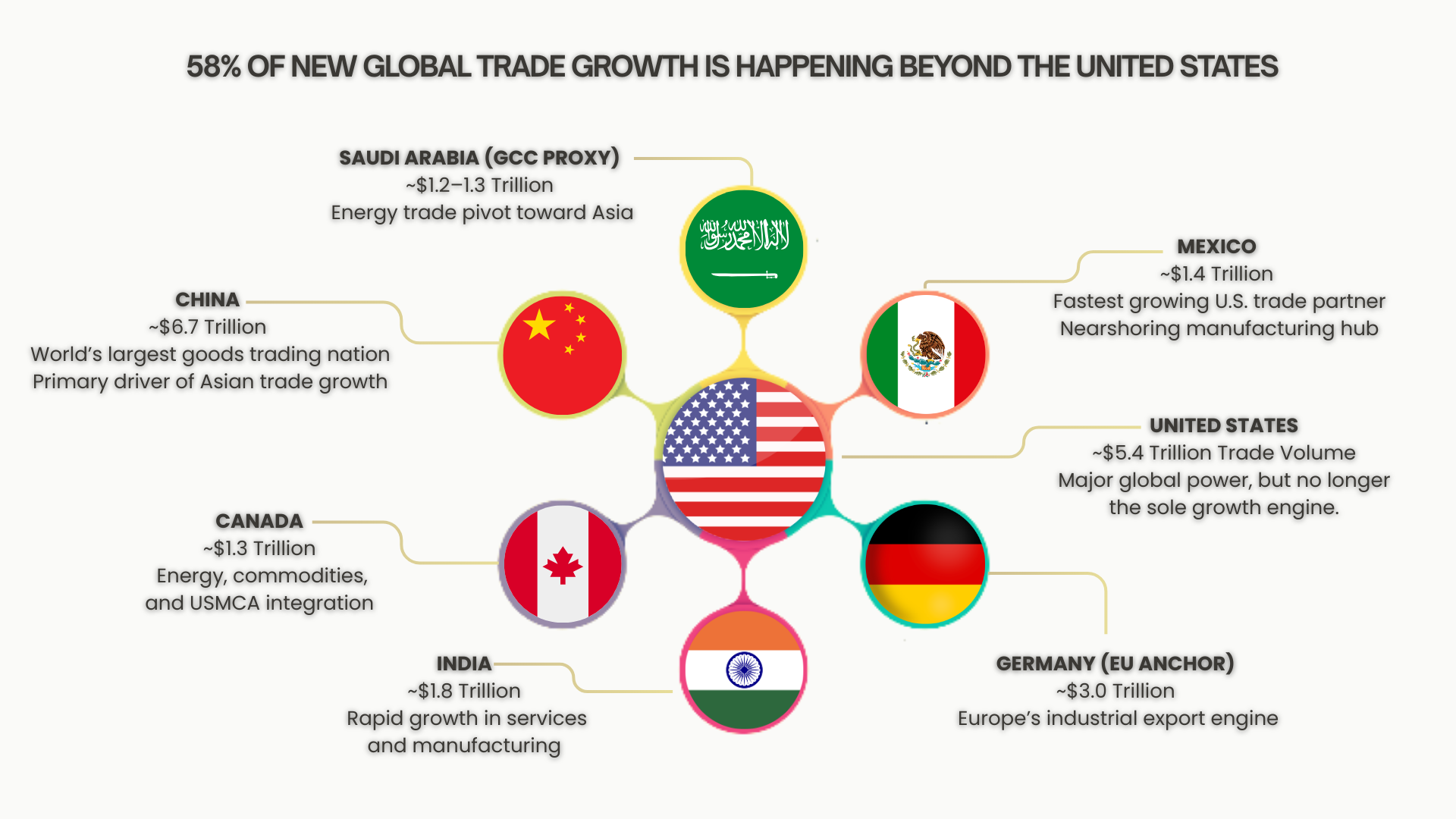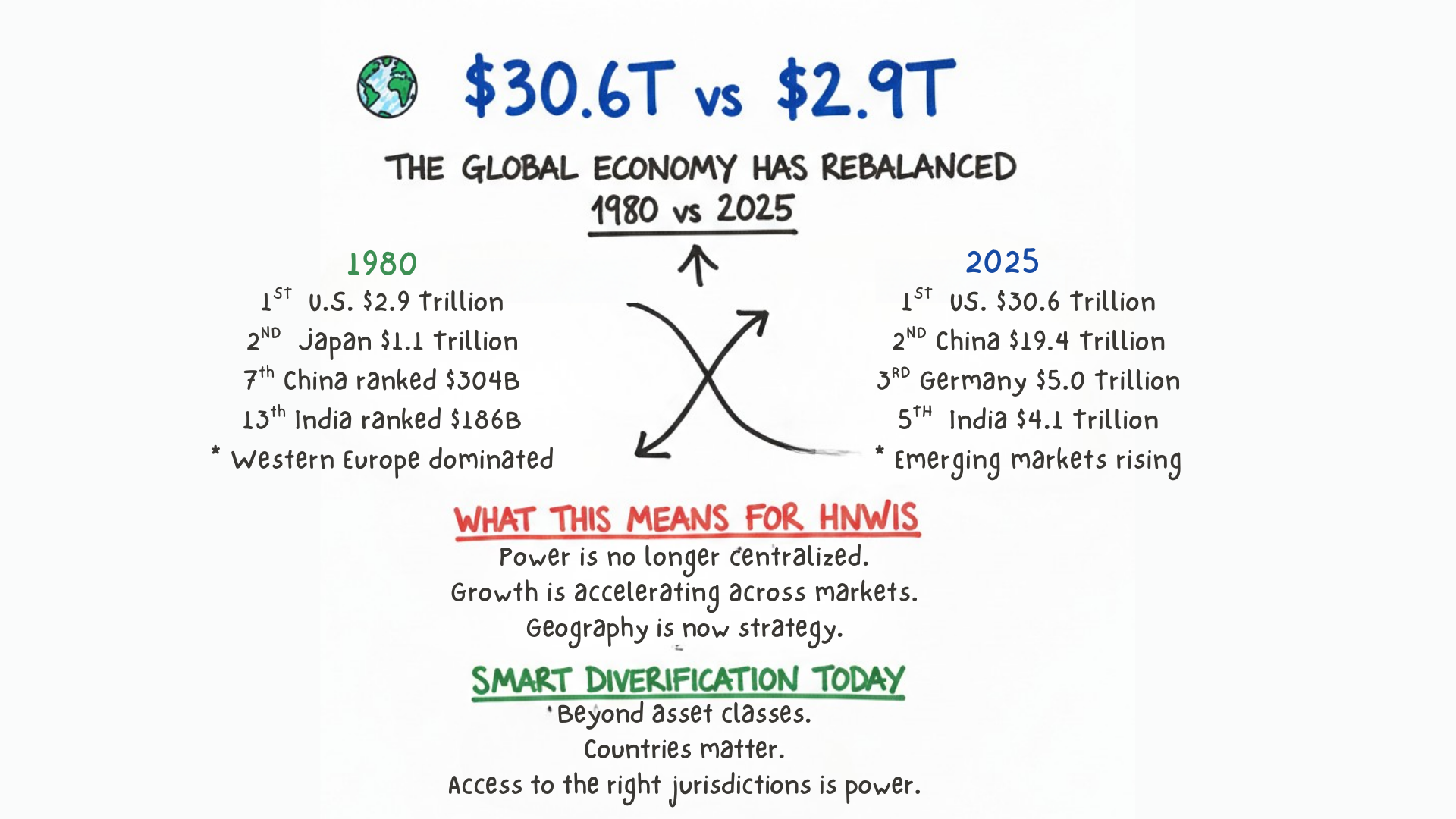Romania and Bulgaria to Join the Schengen Area: What This Means for Travelers

- No Passport Checks for Air and Sea Travelers: Beginning in January 2025, travelers arriving in Romania or Bulgaria by air or sea from other Schengen countries will no longer be subject to passport checks. This applies to flights, cruises, and ferries, streamlining the travel process significantly.
- Land Border Controls Persist (Temporarily): Despite full Schengen membership, the EC will maintain passport checks at land borders between Hungary and Romania and between Romania and Bulgaria for at least six months. This transitional measure is intended to address public policy and security concerns raised by Austria.
- Schengen Rules for Non-EU Travelers: For non-EU citizens, time spent in Romania and Bulgaria will now count toward the Schengen zone’s 90-day limit within a 180-day period. Travelers must be mindful of this restriction to avoid penalties such as fines or entry bans.
- Increased Freedom of Movement: Citizens of Schengen countries can now travel to Romania and Bulgaria without routine border checks. This is expected to enhance convenience for tourists and business travelers.
- Boost to Tourism and Trade: Romania and Bulgaria’s full integration into the Schengen Area is expected to stimulate their tourism sectors. As well as facilitate cross-border trade, further aligning the two nations with the EU’s economic and mobility goals.
- Expanded Schengen Area: The Schengen Area now comprises 29 states, making it easier than ever to explore Europe seamlessly.
Contact us if you are interested in Citizenship by Investment
Our expert advisors will have a 1-on-1 consultation to find the best solutions for you and your family and guide you through the procedure.
Conclusion
Romania and Bulgaria’s entry into the Schengen Area is a landmark moment that underscores the European Union’s commitment to mobility, inclusivity, and shared prosperity. While some border checks remain temporarily in place, the long-term benefits of their inclusion are undeniable. The Schengen zone’s expansion promises to make travel to and within these two countries more convenient than ever.
Share this blog
Frequently Asked Questions
Related Articles
Beijing Is Watching Your Wealth; Turkey Offers a Legal Pathway
In an era of rising financial scrutiny, global investors are taking action. Discover why 89% of Chinese HNWIs are exploring…
58% of New Trade Growth Happens Outside the U.S.
58% of New Trade Growth Happens Outside the U.S., marking a structural shift in global economic power. As trade momentum…
CBI in Times of Uncertainty: When One Passport Is Not
Global uncertainty has changed the rules of wealth preservation. In today’s environment, one passport may not provide sufficient protection. This…
Nigeria Dangote Refinery Investment Opportunity for Strategic Investors
Nigeria’s Dangote Refinery investment opportunity reflects growing capital market maturity and infrastructure scale. For high net worth individuals and global…
13 CARICOM Nations Attract Over 1 Billion Dollars from 5
13 CARICOM nations attract over 1 billion dollars from 5 global powers, reinforcing regional credibility and investment stability. Sovereign commitments…
From Western Dominance to a Multipolar Economy (1980–2025)
From 1980 to 2025, global power shifted from Western dominance to a multipolar economy. Economic influence now spans several regions,…
Let’s Talk About Mexico: Structural Risk and Global Mobility
Mexico structural risk shows how quickly disruption can impact even major global economies. For HNWIs and business owners, global mobility…







